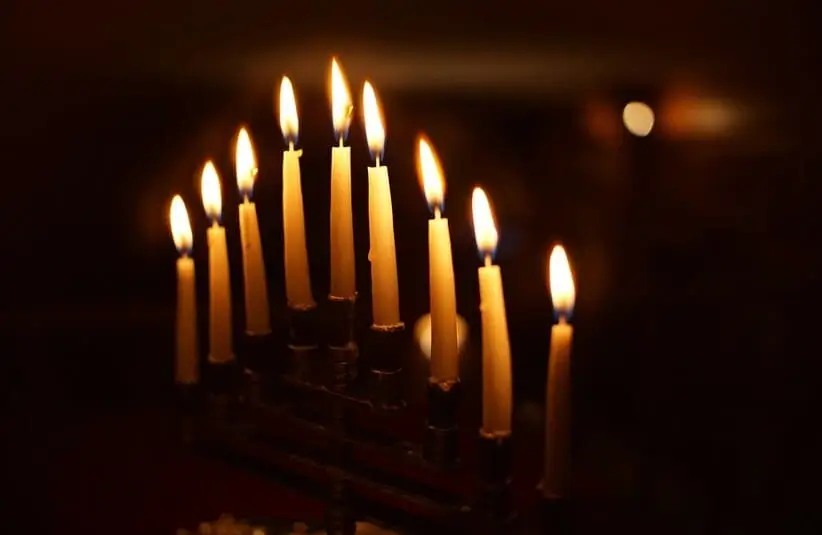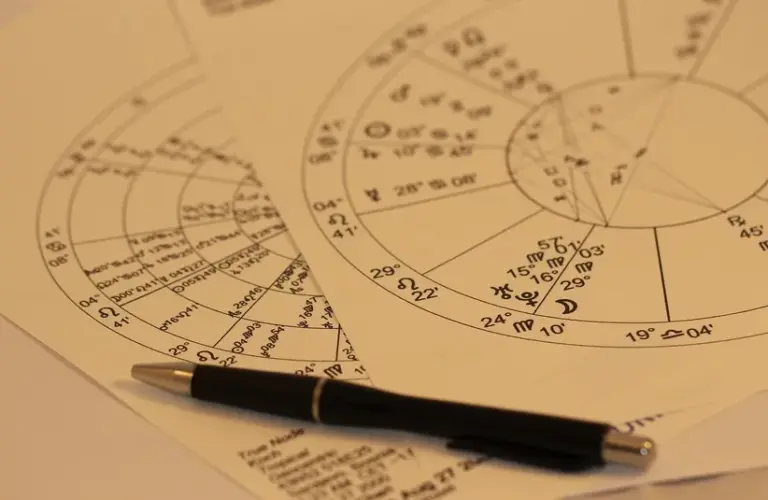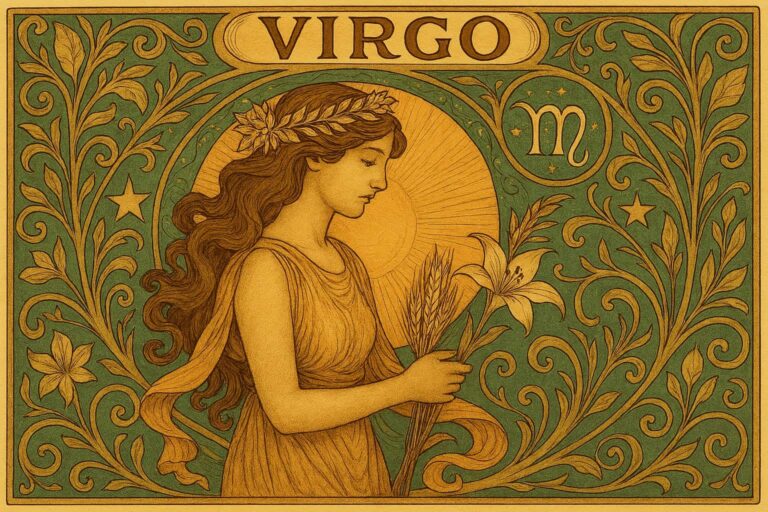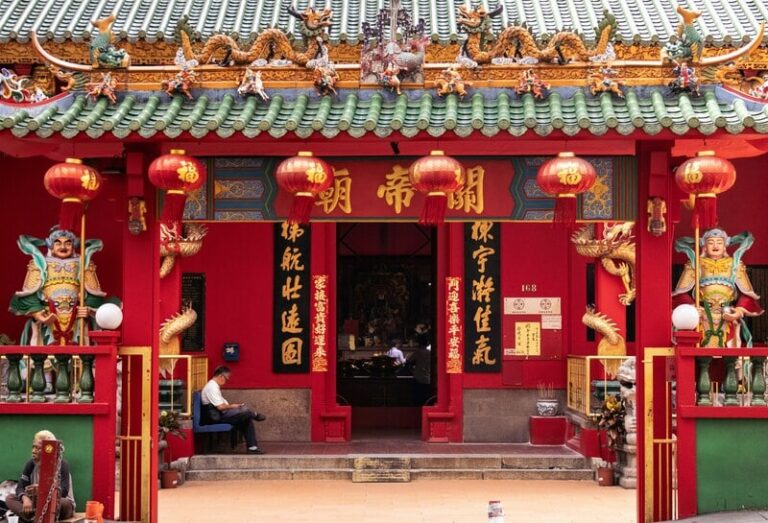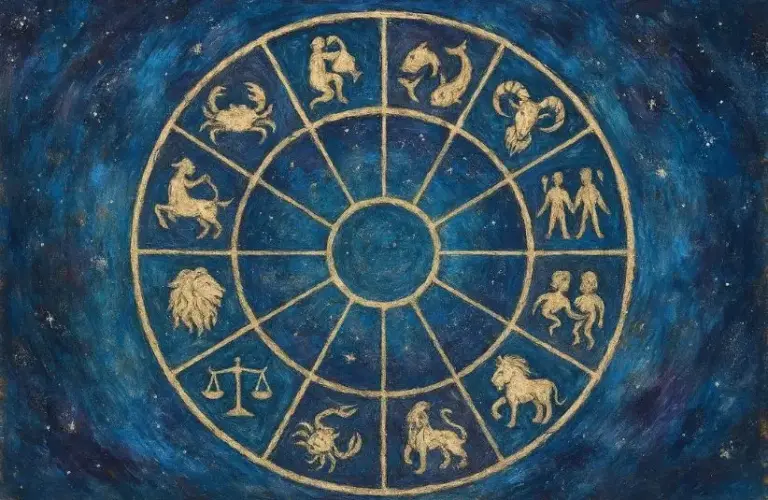Hanukkah and the Power of Light in Dark Times
Hanukkah, the Festival of Lights, begins in the month of Kislev, which is December on the Gregorian calendar. The spiritual symbolism of light during Israel’s dark times is significant. Jews around the world commemorate the 2nd-century dedication of the Temple in Jerusalem by first lighting the menorah. Some will display it in their windows on nights of this eight-night celebration. Here are four themes within this holiday that speak of the power of light.
Israel’s Violation
Hanukkah’s story begins around 167 B.C., when Israel was under Greek tyranny. They occupied the country and desecrated the temple by setting up their gods and idols. Their evil ruler, Antiochus Epiphanes IV, banned the Jews from worshipping God or studying the Torah.
This dark time in Jewish history lasted for years as Israel watched their homeland being subjected to foreign rule. They must trust God to shine His light on them once again, leading them out of darkness.
Existential Fight
Finally, light began to appear in the form of revolt. The Maccabees, a group of Jewish warriors, led the rebellion against Greek dominance. Although greatly outnumbered, the Jews fought bravely and reclaimed their homeland and Temple. This was a miracle considering they were, according to Rabbi Kirt Schnieder, a “ragtag group” of soldiers. The spiritual symbolism is powerful. A mighty God was on their side, breaking through the darkness with His glorious light, securing their victory.
Centuries later, the spinning top game, also known as dreidel, was adopted from a well-known European gambling game. After many years, it became a symbol of Jewish resistance. Each letter on the dreidel stands for the phrase, “a great miracle happened here.” This points to the night the Jews reclaimed the Temple. After finding only a one-day supply of light, they lit the menorah, yet it burned for eight days. This is the miracle of the menorah that marks the beginning of Hanukkah.
The lighting of the menorah serves as a reminder of how light overcame the darkness, and how courage crushed the rule of a wicked kingdom.
Temple Dedication
After the Jewish people reclaimed the Temple, they had to purify it from all the detestable objects brought there. They immediately began cleansing it, removing the idols and reinstating God’s order. In Hebrew, the word Hanukkah means “dedication”, and the Jewish people have celebrated this event since that time. In John 10:22, Jesus is seen going to the Temple in Jerusalem to celebrate the Feast of Dedication.
Temple Restored
Hanukkah’s light has triumphed through the darkness. The Jewish people could once again worship God publicly. Years later, Jerusalem was overtaken once again by the Ottomans. The Ottoman Kingdom controlled the region that included Jerusalem. In December 1917, during Hanukkah season, the British defeated the Ottoman Empire.
Though they were under the control of a different kingdom, there was relief from an evil regime. Israel saw its share of riots and protests during this time, yet Jewish people continued to celebrate Hanukkah, “a season of miracles.” For if God performed a miracle in the first lighting of the menorah, He can certainly do all things.
Conclusion
Hanukkah speaks of the courage to fight through darkness and shine God’s light. The Jewish people are the descendants of Abraham, whom God calls “My friend” in Isaiah 41:8. God established the Abrahamic covenant, which is unbreakable and enduring.
In the days of King Jehoshaphat, God gave Israel victory over three kingdoms that had united against Jerusalem.
Throughout Israel’s dark periods, God’s light shines through the menorah, which symbolizes God’s eternal light. Let the spiritual symbolism of Hanukkah stir your faith in the God of miracles.

